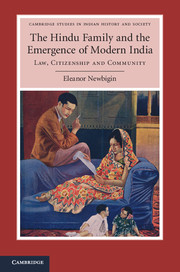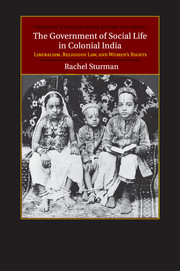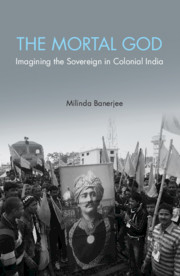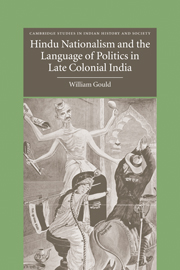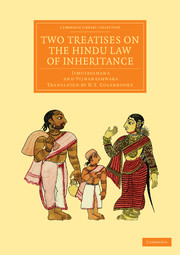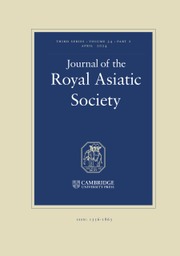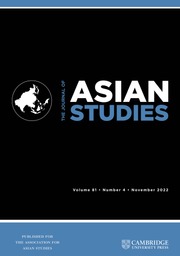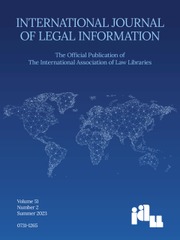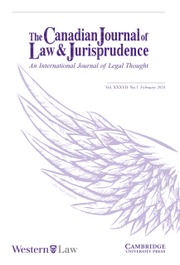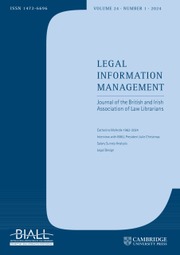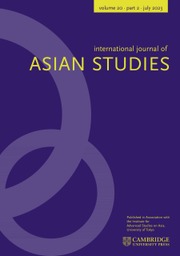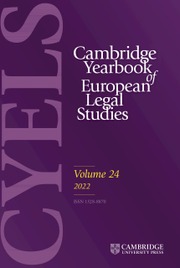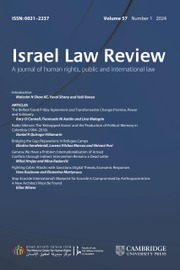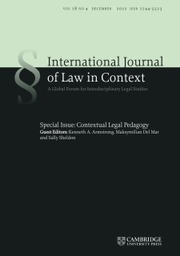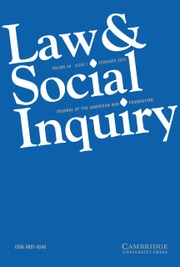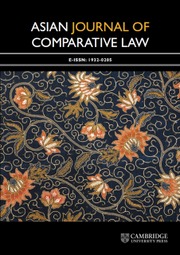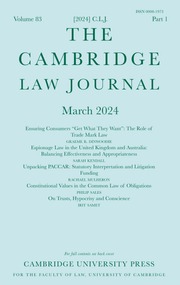The Hindu Family and the Emergence of Modern India
Law, Citizenship and Community
£90.00
Part of Cambridge Studies in Indian History and Society
- Author: Eleanor Newbigin, School of Oriental and African Studies, University of London
- Date Published: September 2013
- availability: Available
- format: Hardback
- isbn: 9781107037830
£
90.00
Hardback
Other available formats:
Paperback, eBook
Looking for an inspection copy?
This title is not currently available on inspection
-
Between 1955 and 1956 the Government of India passed four Hindu Law Acts to reform and codify Hindu family law. Scholars have understood these acts as a response to growing concern about women's rights but, in a powerful re-reading of their history, this book traces the origins of the Hindu law reform project to changes in the political-economy of late colonial rule. The Hindu Family and the Emergence of Modern India considers how questions regarding family structure, property rights and gender relations contributed to the development of representative politics, and how, in solving these questions, India's secular and state power structures were consequently drawn into a complex and unique relationship with Hindu law. In this comprehensive and illuminating resource for scholars and students, Newbigin demonstrates the significance of gender and economy to the history of twentieth-century democratic government, as it emerged in India and beyond.
Read more- Proposes a new view of gender in late-colonial India and explains its significance to the more 'mainstream' fields of economic and political history
- Utilises original archival research to explore theoretical approaches, appealing to a broad range of scholars in the social sciences
- Proposes a new understanding of early twentieth-century Indian history by establishing firm political and economic connections between the late-colonial and post-colonial Indian states
Customer reviews
Not yet reviewed
Be the first to review
Review was not posted due to profanity
×Product details
- Date Published: September 2013
- format: Hardback
- isbn: 9781107037830
- length: 277 pages
- dimensions: 235 x 156 x 20 mm
- weight: 0.53kg
- contains: 2 maps 7 tables
- availability: Available
Table of Contents
1. Making the modern Indian family: property rights and the individual in colonial law
2. Financing a new citizenship: the Hindu family, income tax and political representation in late-colonial India
3. Wives and property or wives as property? The Hindu family and women's property rights
4. The Hindu Code Bill: creating the modern, Hindu legal subject
5. B. R. Ambedkar's Code Bill: caste, marriage and post-colonial Indian citizenship
6. Family, nation and economy: establishing a post-colonial patriarchy.
Sorry, this resource is locked
Please register or sign in to request access. If you are having problems accessing these resources please email [email protected]
Register Sign in» Proceed
You are now leaving the Cambridge University Press website. Your eBook purchase and download will be completed by our partner www.ebooks.com. Please see the permission section of the www.ebooks.com catalogue page for details of the print & copy limits on our eBooks.
Continue ×Are you sure you want to delete your account?
This cannot be undone.
Thank you for your feedback which will help us improve our service.
If you requested a response, we will make sure to get back to you shortly.
×
